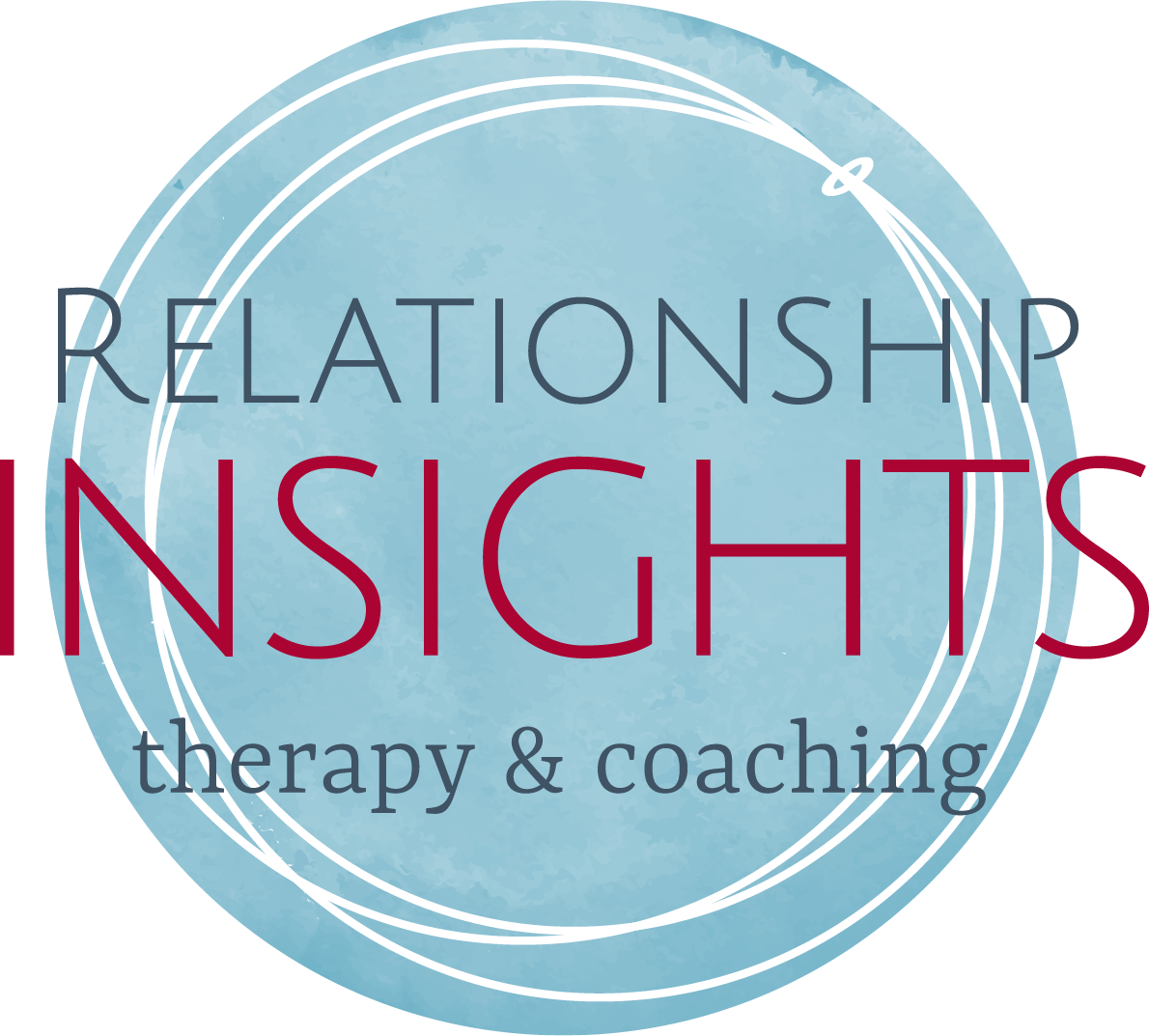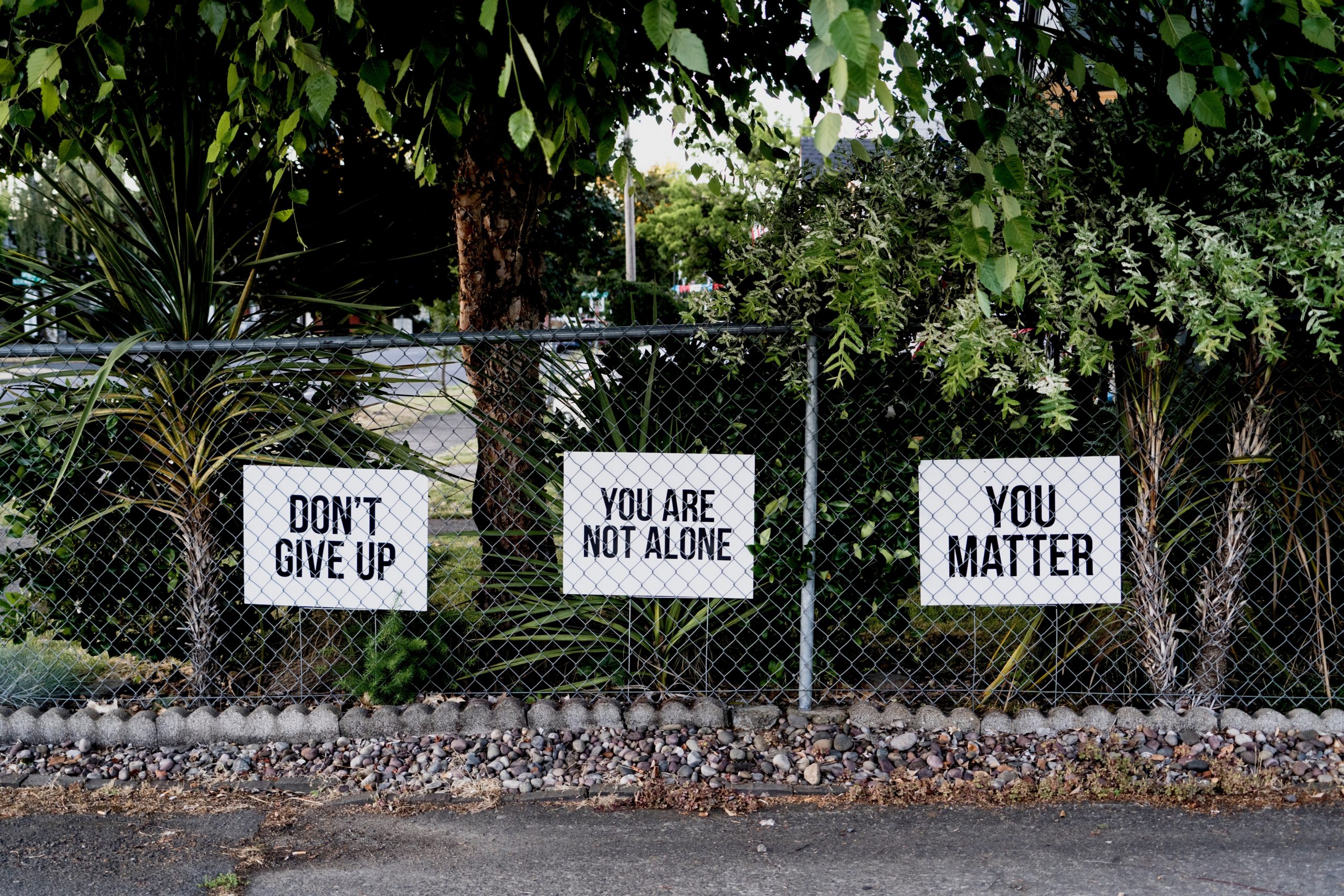THE BLUES AND DEPRESSION: WHAT TO DO ABOUT IT
Depression, or some version of “the blues,” is one really common reason people seek out the help of a therapist. For good reason, too! It can be a really life-disrupting experience and really, really hard to experience on your own. Although it’s common for us to feel worried, sad, stressed, and lonely after really big life events, for lots of us those feelings aren’t necessarily associated with anything. It kind of just happens–and keeps happening.
It’s also relatively common to experience depression and anxiety at the same time. In fact, studies show that of the 12-20% of Americans who visit their doctor for symptoms of depression, about half of them will also have symptoms of anxiety (more on anxiety later!). Not only are you not alone, but you’re really, really not alone in feeling all the things that come up when you’re experiencing a bout of the blues.
There are so many different ways that depression can show up, but there are some pretty standard ones that can be helpful to keep an eye out for.
SOME COMMON SYMPTOMS OF THE BLUES OR DEPRESSION
- General unhappiness or despondency
- Diminished pleasure or interest in activities you usually enjoy
- Decrease or increase in appetite, unattributed weight loss or gain
- Slowing down of thought or physical movement
- Fatigue or loss of energy
- Feelings of worthlessness or inappropriate guilt
- Diminished ability to concentrate or think clearly
On a more nuanced level, you can also feel …
- Empty, purposeless, insignificant
- Constantly worried, uptight
- Somehow exhausted and too freaked out to sleep at the same time
- Lonely, Broken, Sad, Despairing, Down
- Angry, irritable, rageful, restless
- Like you’re seeing everything through a really negative filter
WHAT TO DO WHEN YOU FEEL THIS WAY
The good news is that there are also lots and lots of things that you and a variety of different trusted professionals can do to help.
DO SOME THERAPY
Therapy can help depression immensely. There are people out there whose job it is to sit in the darkness with you and to help you find your way through it. Therapists can also help you reframe the feels, stack up some handy coping tools, and remind you that you can actually do hard things. Finding a therapist you really connect with and trust is a really helpful step to take when depression shows up.
MOVE YOUR BODY
Just move your bod. Engage your body in physical activities that allow you to connect with it a little bit. Depression isn’t just in our heads. It’s all connected and our bodies feel the impact a whole lot, too. Go for a walk outside or invite an old friend to try something new like rock climbing or yoga (both show evidence of reducing symptoms of both depression and anxiety).
GET A CHECKUP
Our brains and bodies aren’t two separate things just kinda floating around together. It’s all part of the same squishy human system and sometimes we can get a little creative with our interpretations of our internal experiences. Symptoms of depression can also be indicative of other things so check it out with a medical professional. It might also be possible to be evaluated for medication and your physician can give you a referral to a psychiatrist, a medical doctor specially trained in psychiatric medication, in your area.
SCHEDULE A CHECK-IN
From checkups to check-ins! Set aside some time, even if it’s a minute or two, e every day to check in with yourself. Mindfulness and awareness of the present moment can be really helpful tools for reframing and fact-checking those unhelpful thoughts. This is a great time to practice radical honesty, too. How are you really? What do you need right now?
BREATHE
Inhale for a count of 7…6…5…4…3…2..1.. Hold 6…5…4…3…2…1… Exhale 7…6…5…4…3…2…1…
Taking slow, intentional deep breaths can regulate your nervous system, slow your heart rate down if it’s elevated, and re-energize from the fatigue that can accompany depression.
KEEP GOING
This stuff can be really hard. It can be hard to get out of bed or do the basic self-care things that we can take for granted. It’s also often made so much worse from stigma and the shame that surrounds any mental health diagnosis of any kind. Remember that feeling crappy things isn’t the same thing as being crappy. You aren’t bad because you aren’t feeling amazing right now. Compassion for yourself can go a long way. Let yourself be where you are and remember that you can do hard things.
THE BLUES & DEPRESSION: THE TAKEAWAY
If you’re dealing with depression, often, what might work best for you is a combination of many, or all, of these things. Please know that it is totally possible to manage depression. Reaching out for help when we’re depressed can feel like a really daunting task. Remember, the therapists at Relationship Insights are trained to help you develop a depression game plan of your own and are here to support you every step of the way.


One Comment